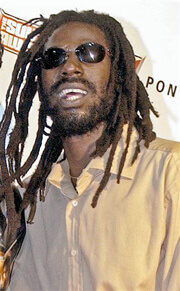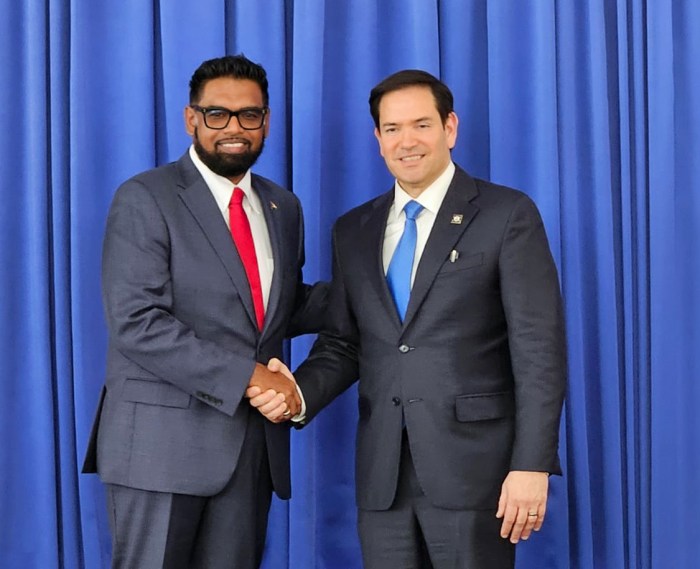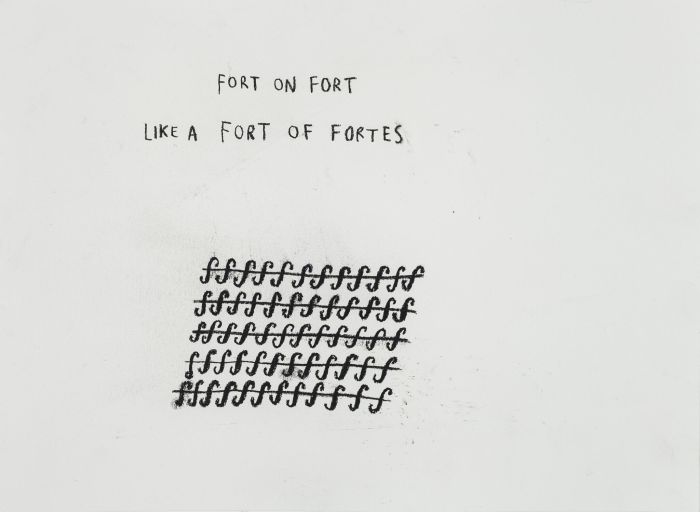The third attempt could be a charm for convicted reggae, deejay Buju Banton. Jailed in Florida since he was twice tried for conspiracy to distribute cocaine, the Jamaican deejay whose real name is Mark Myrie was granted another opportunity to present oral arguments regarding his efforts to obtain a new trial.
Attorneys representing Banton said the U.S. Appeals Court granted their request to argue for a retrial. Lead attorney, Charles Ogletree, said the court’s decision to allow oral arguments is a positive step towards justice and freedom for the Grammy Award winning entertainer.
Currently serving a 10-year sentence on drug-related charges after he was arrested at his South Florida home in December 2009 Banton has always maintained his innocence. Throughout the trial he insisted he was framed. He claimed he was targeted and ultimately tagged because of his controversial music and anti-gay comments.
Early in his career he had recorded a song titled “Boom, Bye Bye.” The lyrics interpreted to advocate the killing of homosexuals outraged U.S.-based advocates for homosexuals.
With urging from his record company and others, Banton apologized for penning the controversial lyrics and for a time promised to cease to revisit the topic. Despite his efforts, his music was banned from commercial radio stations, he was barred from performing at major music festivals and even considered persona non grata in many countries.
However, his fans hailed him as a true Rastafarian and warrior.
Banton claims because of his beliefs, he was entrapped by the United States government.
His arrest followed a sting operation at a Drug Enforcement Agency-controlled warehouse in Tampa, which also resulted in the arrest of James Mack and Ian Thomas, who were attempting to purchase cocaine from undercover agents.
After two trials he was sentenced in a Tampa, Florida court.
His lawyers will argue that their client was entrapped by a paid informant. In court they will also try to prove that there is evidence of juror misconduct.
The principal argument will focus on jury foreperson Terri Wright who admitted to telling a reporter she had a passion for being a juror. She said she would make a profession from it if she could. Wright previously served as a juror on seven civil and criminal cases before being chosen for the Banton case.
Allegedly that information was withheld from the court during jury selection. Because the Black juror lied, Banton’s previous attorney, David Oscar Markus had no knowledge of her affinity with court procedures.
Markhus provided an affidavit stating that if he had known Wright had served as a juror in seven other trials he would have exercised a peremptory challenge to remove her.
Another plea to the Appeals Court could focus on the argument that jurors violated instructions issued to them by the judge who instructed them not to conduct outside research about the case and not to discuss the case with anyone.
In fact jurors are often sequestered during deliberations of a case. The judicial system is founded on all jurors hearing the same evidence and assures jurors are not contaminated by outside information that might be incorrect or irrelevant.
Despite knowing this rule, juror Wright of Tampa told reporter Chris Sweeney during an interview after the trial, “I would get in the car, just write my notes down so I could remember, and I would come home and do the research.”
Wright, further stated, “They give you the instructions not to go online and, you know, make an opinion. I tried to follow that as close as possible. I don’t think what I found out would have changed how I thought.”
“This was clearly misconduct,” attorney Chokwe Lumumba told the court. He added that a new trial should be granted in order to “protect the sanctity of the jury system.”
Lumumba took Banton’s case soon after Markhus stopped being the lead attorney. Last year, the activist attorney – who also defended rapper Tupac Shakur — died of a heart attack at the age of 66. Lumumba had been elected by a landslide majority to become Mayor of Jackson, Mississippi. Within eight months he was pronounced dead. The state refused an autopsy.
No date has yet been set for Banton’s defenders to appear before the Appeal Court.

























